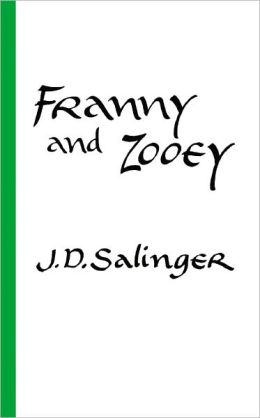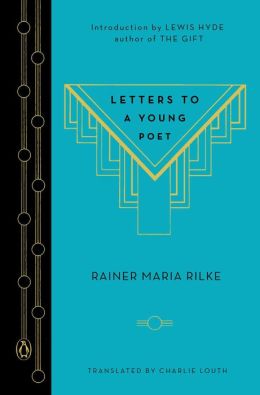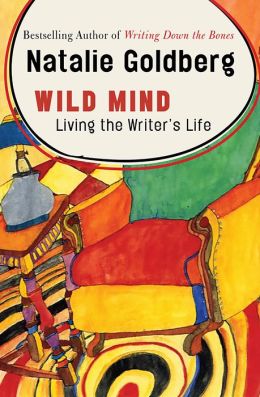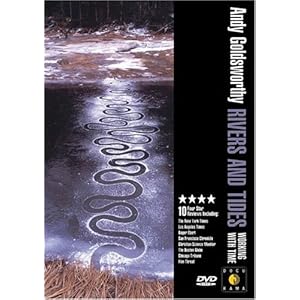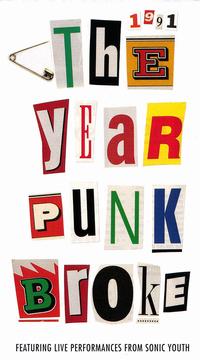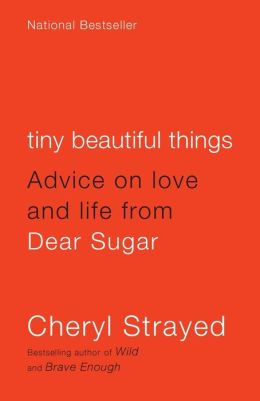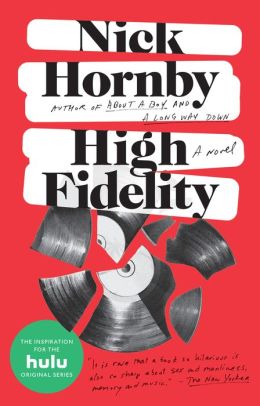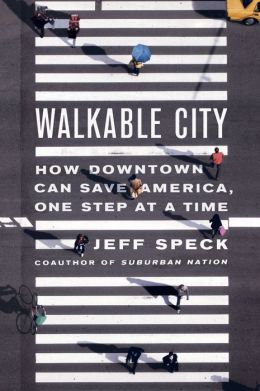By Molly Bradley
Read parts I and II
“Mama! Mama? Mamaaaa!”
Already Khady’s wake-up call felt routine. She’d done the same the first morning, calling urgently through my door. I’d thought something was wrong until I saw it was just that she wanted me awake. If she wasn’t sleeping there was no reason her tubaab should be. With my braids, now, I was pretty much just another Khady.
I rose and stuffed my grimy contacts in as fast as I could and came out to assuage my anxious alarm. We had breakfast, and only got a half hour or so of the morning soaps before my father came in. He stood and watched with us for five minutes or so, impassive to a disconcerting degree. There were more physical shenanigans happening on a show this morning, ones I could understand. There was dancing and falling and laughing and more dancing.
Finally I looked to Khady. “Are we going?” I asked her, glancing at Dad.
She looked up from where she sat by his ankles, tugged his pant leg, and said something swift in Wolof. He bowed his head and muttered something in reply.
“Yes, he’s waiting for you,” Khady said.
“I’ve been ready,” I said in my defense. As soon as I stood he led the way out of the room and out of our sandy yard.
We took a path out of town that I’d never noticed before---not that I’d spent a lot of time outside the house. Still sand, sand, sand---then suddenly sand with growth on either side of the road. Somehow growing out of the sand. First just dry, unhappy grass, and then shrubs, bushes, trees. Growing.
Somehow we managed a little conversation while we walked. We’d never really spoken before, only nodded our hellos in passing. He was rarely around the house.
He spoke slowly enough, and I had just enough Wolof, to answer some basic questions: Was I alright? Did I need anything? Was Khady being good? Was I hungry? Had I brought water? (No---I should have, but I was, for no reason, playing stoic. Maybe I thought I needed to challenge myself some way or another, if I wasn’t doing anything else.)
The road seemed endless. Finally at one point we cut through the bushes to the right, up a gentle rise to an area sparsely studded with trees and, as it turned out, other homes. I wasn’t sure if these belonged to Mouit. Were the people who lived here part of the community? Did they commute, so to speak, to town to get things they needed? Or did they just survive out here on their own?
I wished I had more words to ask my father.
Despite the nothing substantial that we said, the walk was companionable. My father greeted the few people we saw as we passed. He seemed to know everyone.
Finally we came through a more densely wooded area into. . . green. Bright green. Rows upon rows and fields upon fields and hills upon hills of green. I had no idea this was out here, in the middle of this sandy, desert-like land. I had no idea how it could exist out here at all. Even when I’d gone with my sisters to gather wood the previous day, the “woods” had turned out to be very, very short shrubs with sturdy branches. Nothing like this. It was idyllic enough that I almost didn’t believe it: almost too green, too perfect. Endless bursts of green all in neat rows. The Jolly Green Giant was growing children in the ground, and all you could see were the tops of their curly green heads of hair.
We walked awhile through the fields. My father greeted every man working there---there was at least one person tilling every field. I trailed behind, so lulled by the color I almost forgot why we were there.
Finally we found Mamadou. I’d spotted him before we got there. He was wearing only a pair of loose linen pants and a hefty bandana on his head, to soak up the sweat. It was beyond hot.
Mamadou raised a hand in greeting and I raised mine back. My father gestured for me to sit on the ground at the edge of the field. He walked slowly toward Mamadou, keeping between the rows of onions, placing one foot carefully before the other, watching them as he walked.
He and Mamadou talked for a long time. There was a good deal of gesturing back and forth between the two halves of the field. Once my father left, Mamadou told me why.
“He thinks I am not taking good care of this side as that side,” he said. He sat beside me and got out the bowl he’d brought his lunch in. “You see that side is more green. This side, not so green.” He was working on this side today.
“Can I help?” I asked.
“You can take the weeds.”
I scrambled to my feet. There were weeds everywhere. I started by bending over each row, but quickly I got down on my knees and got efficient about it, crawling down the rows. Mamadou laughed.
“You really want to do a lot,” he said.
“I just want to help.” I was hardly doing anything. There were so many weeds. And there was Mamadou, doing the real work (that he explained to me as he did a first round): pumping the water up from the well, filling two buckets, running with them back to the row he was working on, and dousing the soil. The running kept things quick and efficient, because he had to cover the whole field four times, really drowning the onions at each pass. The running was also necessary because one of the buckets had a leak. The more water he lost, the less there was to cover the onions, and if it didn’t do the trick he’d have to do the same patch twice in a row. If he had to do that every time, that would make eight times watering the field in its entirety.
He kept at it and barely paused. It was hot, and the prickles on the weeds started to sting my fingers, but all I had to do was glance at him to feel embarrassed and start tugging again, reinvigorated.
The water started to sound really good coming up from that well. I wished I were working on the same row as Mamadou, at the same time, so I might catch some drops from the leaky bucket on my hands or feet or head. The four remaining water bottles on the floor of my bedroom back in the village kept materializing before my eyes.
Finally he finished his round on the less-green half.
“We go back now,” he said. “You can’t be in the sun for so long.”
My indignation was smothered by relief before it had really even arisen.
***
At the house that afternoon, Binta found me helping Khady wash clothes. Really Khady was washing them. I was trying to imitate her motions: soggy cloth grasped in both fists, enveloping the knuckles, and the knuckles of one hand scrubbed vigorously over those of the other. When she did it somehow the cloth, or probably her hands and the water, made a sharp and satisfying squelching sound like a brazen bird.
I couldn’t do it. Khady laughed at first but then became impatient.
“Just let me,” she said finally, and I resigned myself to brushing the suds around the rim of the plastic tub of water.
Binta sauntered over with a lilt in her step that could fit only her.
“Viens,” she said. Come.
I ought to have curbed it long before, but my immediate reaction to commands like this was to ask, “Why?”
Whether she took it as the curiosity it was or the insolence I didn’t intend, Binta didn’t let on.
“Viens boire attaaya.” Come drink attaaya.
Attaaya was a strong, sweet black tea boiled so many times over it almost caramelized. It smelled like it, anyway; the little cobalt blue or easy green teapot on the stove would start to shiver, and warm amber bubbles would begin to peek over the surface. Then whoever was tending it would come turn the fire off, take the teapot by its hot handle with a rag, and pour some into the stubby fluted glasses on the tea tray. The method was then to pour the steaming liquid back and forth from glass to glass, keeping one firm on the tray and lifting the other as high as possible, sending the liquid down in a perfect graceful arc. The height gave the surface of the tea a thick foam of those caramel-colored bubbles that tasted as good and sweet as it looked.
I’d never tried the technique myself. I wanted to learn but knew the first time would be a catastrophe of hot liquid streaming across the floor. This rural village with its limited stock of tea would not be the place to learn.
Binta led me to the bedroom she’d moved into with a sibling, or maybe Hangout Girl, or maybe a sibling and Hangout Girl. I was still pretty sure Hangout Girl didn’t belong to this family and did, in fact, have a home of her own, but I believed this on blind faith. She hadn’t missed a family gathering here yet, be it mealtime or TV time or watching-the-tubaab-struggle-to-cut-the-fins-off-the-fish time.
In the room were my oldest brother, the baby Mama, and, naturally, Hangout Girl. The room wasn’t tiny, but small enough that once I was inside, Binta could take me by the shoulders and sit me down on the bed in only a few steps. She sat down beside me, plucked the baby up from where she was rolling on the bedspread, and put her in my lap.
Hangout Girl was sitting in a chair next to my brother. She started snickering. “Mama mak ak Mama bundaw.” Big Mama and Little Mama. She pointed first to the baby and then to me as she said it. Fair enough. The other Mama was here first.
My brother was brewing the attaaya on a makeshift portable stovetop, something like a Bunsen burner. He took the teapot off the flame. The tray with the glasses was on the ground. He lifted the teapot to the level of his eyes and began to pour. Once the head of the stream made it safely into a glass he lifted it high above his head, meeting my eye and grinning as he did so. Sort of showing off, sort of showing me.
“I’m sorry, I never learned your name,” I said in French.
“Malik.” He finished pouring from the teapot and began to pour the liquid back and forth between the glasses. I smiled. Two brothers named Malik. This Malik was older, but he asked the same questions my Malik at home had asked me when I’d first arrived in Dakar, when I’d first become part of the family.
We ran through the topics and drank our tea. With four of us---not including Mama---we each only got two rounds of about half a glass, rather than three ample servings.
Different families do it differently, but typically attaaya is served three times a day, with three rounds each time. Guests tend to complicate the system and leave everyone with a little less tea.
I didn’t mind so much---but then, it was a bonus for me, an extra cultural treat in my day whenever I was offered attaaya. For them, it was the norm. They had to give up a little of their lives to give me this brand new one with all its experiences.
I’d gotten used to thinking of these temporary homes as home, and these fleeting people as family. There were so many of them there to take care of me there was nothing else to call them. What was I to them?
When they had no more questions for me we sat in silence. Companionably enough, but it still seemed strange. Then I realized why. I’d thought I was slipping into their world as it was, simply a new addition to what existed. Really they were simulating it for me.











